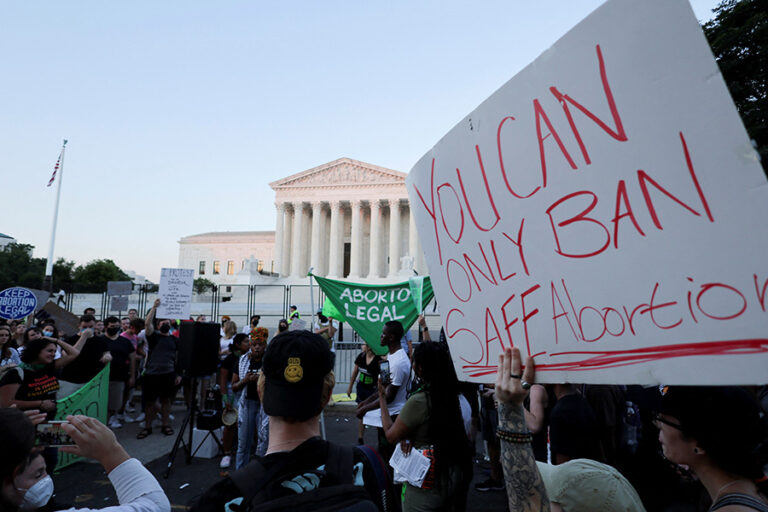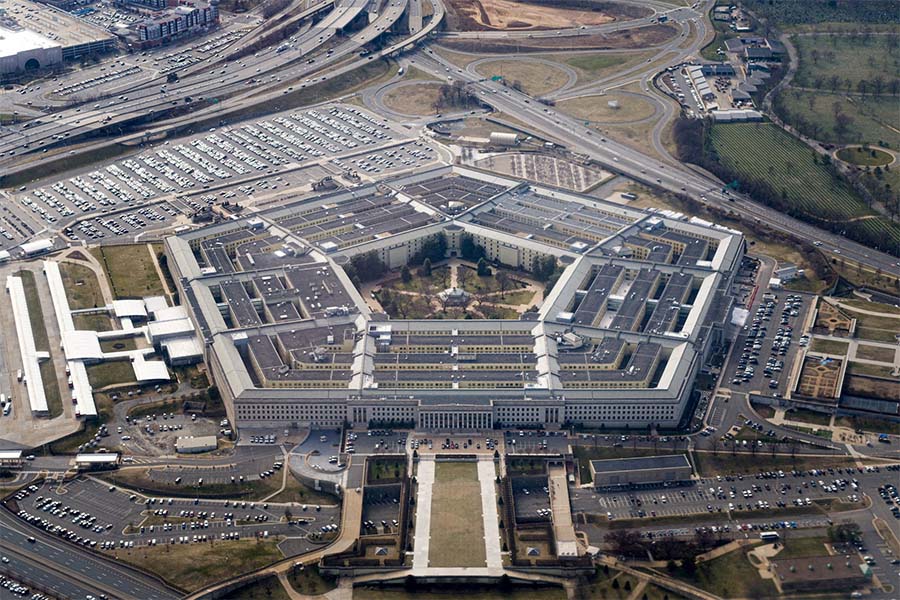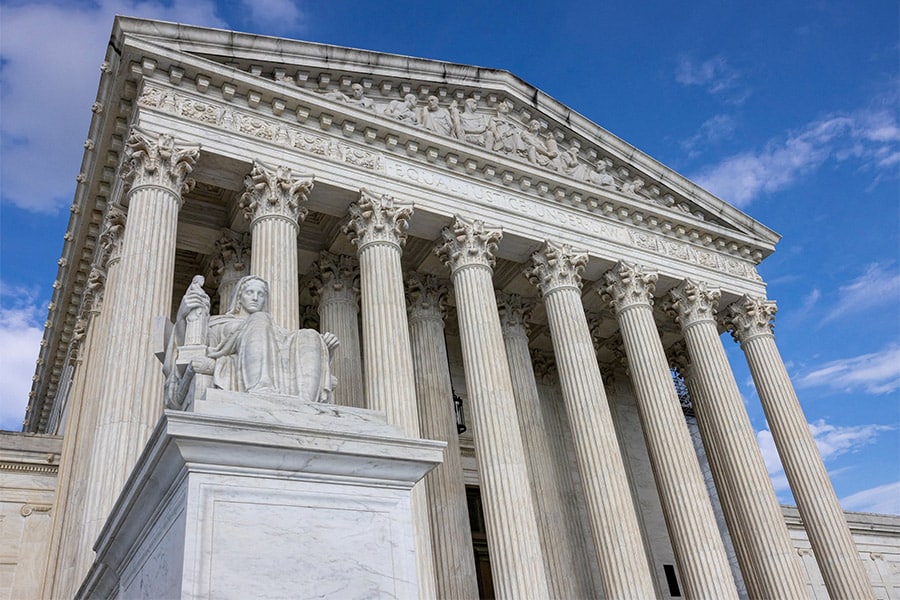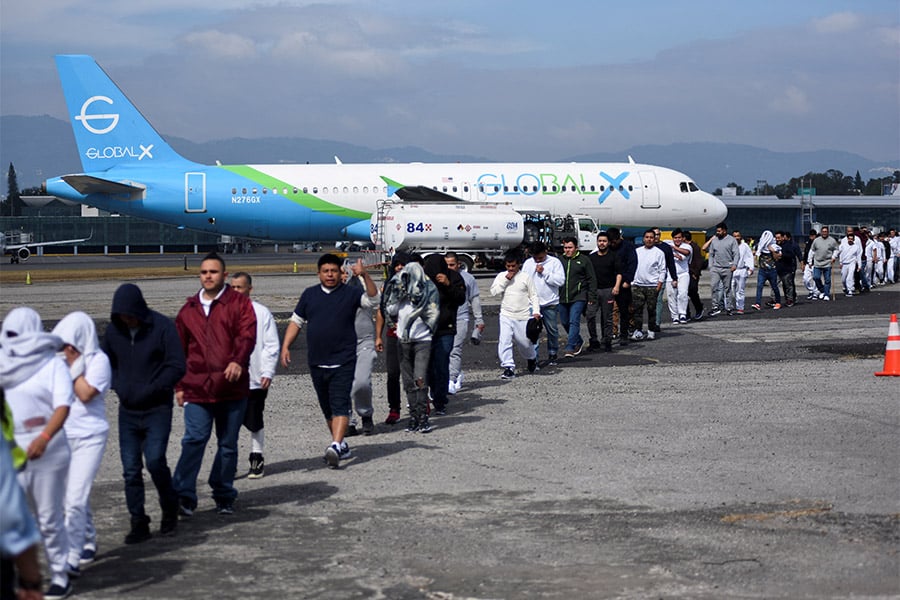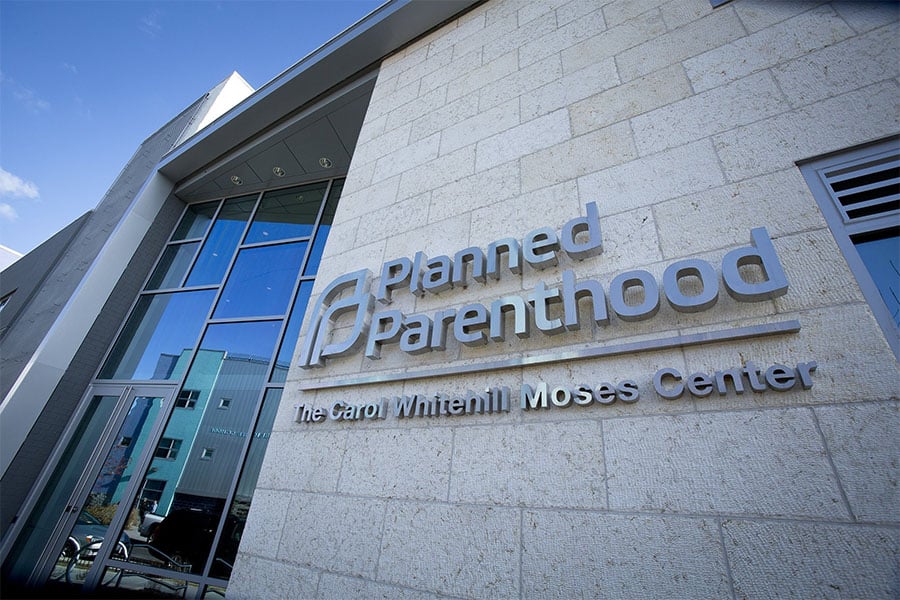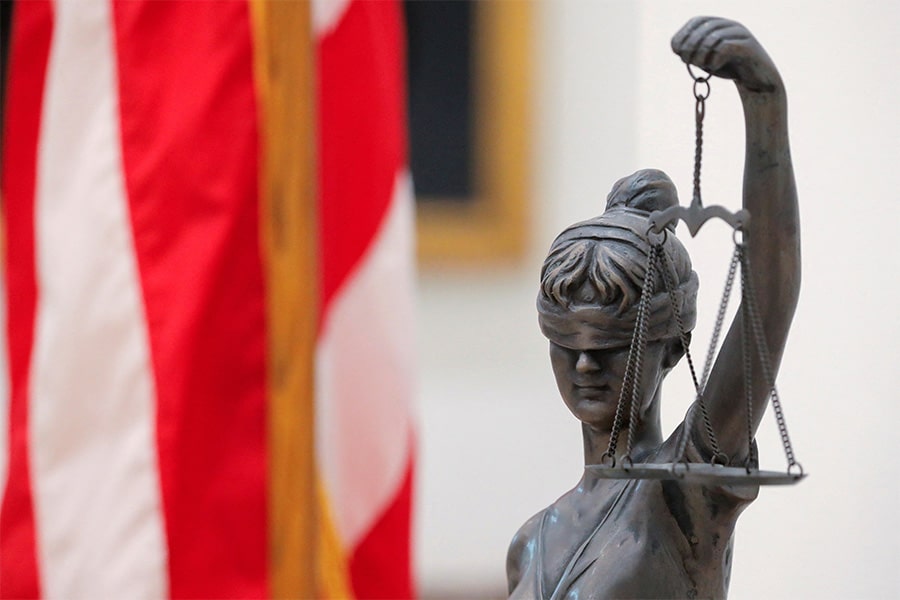WASHINGTON (CNS) — The Supreme Court’s Dobbs decision — overturning Roe v. Wade — is no doubt one for the history books.
The 5-4 decision in June in Dobbs v Jackson Women’s Health Organization had been anticipated for months. The decision was leaked a month early and became a hot topic of conversation for months afterward.
Heated reactions to the still-being-investigated leak prompted fences to be placed around the Supreme Court from May to August at the site of gatherings of both protest and support of the court’s action.
In June, after a man had been found near the home of Supreme Court Justice Brett Kavanaugh, angered by the Dobbs leak and saying he planned to kill the justice, Congress passed a measure for around-the-clock security protection for families of Supreme Court justices.
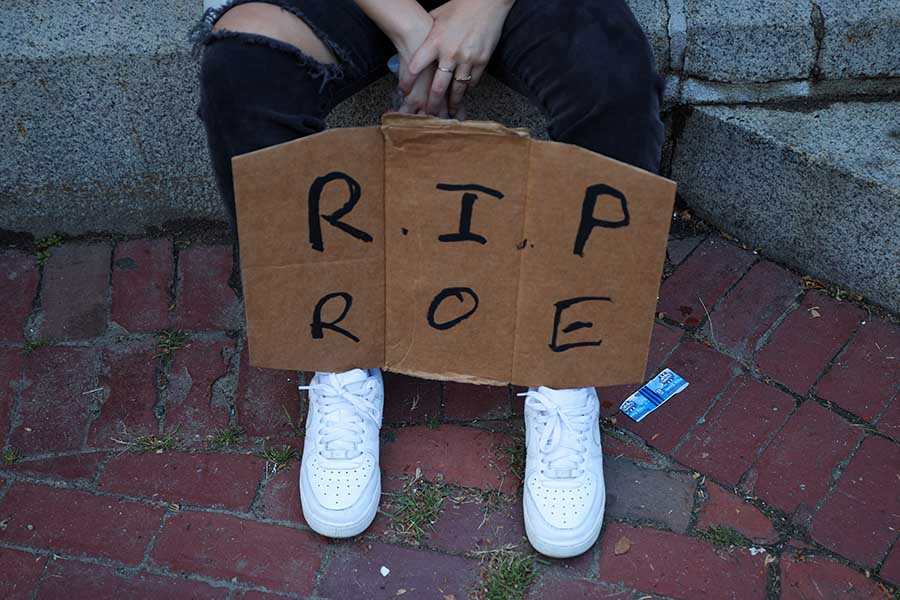
The court’s ruling said there is no constitutional right to abortion in the United States, immediately bringing all abortion policy decisions to the state level and prompting state ballot measures on abortion in the November election.
U.S. bishops were disappointed in the state votes allowing abortion, in stark contrast to their response to the Dobbs decision, which they called an “historic day in the life of our country, one that stirs our thoughts, emotions and prayers.”
Although they were pleased with the Dobbs outcome, Catholic leaders acknowledged then and months later that the decision didn’t lessen the urgency for the church in its pro-life advocacy efforts.
In other abortion decisions this year, the Supreme Court in January rejected a request from Texas abortion providers to immediately send their challenge of the state’s abortion law back to a federal District Court, where a judge had previously blocked the law — which meant that the state law at the time banning most abortions after six weeks of pregnancy would remain in effect.
In March, the court ruled that Kentucky’s Republican attorney general could continue to defend an abortion restriction measure struck down by lower courts.
Abortion also was discussed in the confirmation process for Justice Ketanji Brown Jackson, who was officially sworn in June 30, succeeding Justice Stephen Breyer who retired at the end of the court’s term that month.
During Senate confirmation hearings in late March, Jackson was asked a few times about her abortion views. Sen. John Kennedy, R-Louisiana, asked her if she had a personal belief on when life begins, which she said she did.
“I have a religious belief that I set aside when I am ruling on cases,” she told the committee.
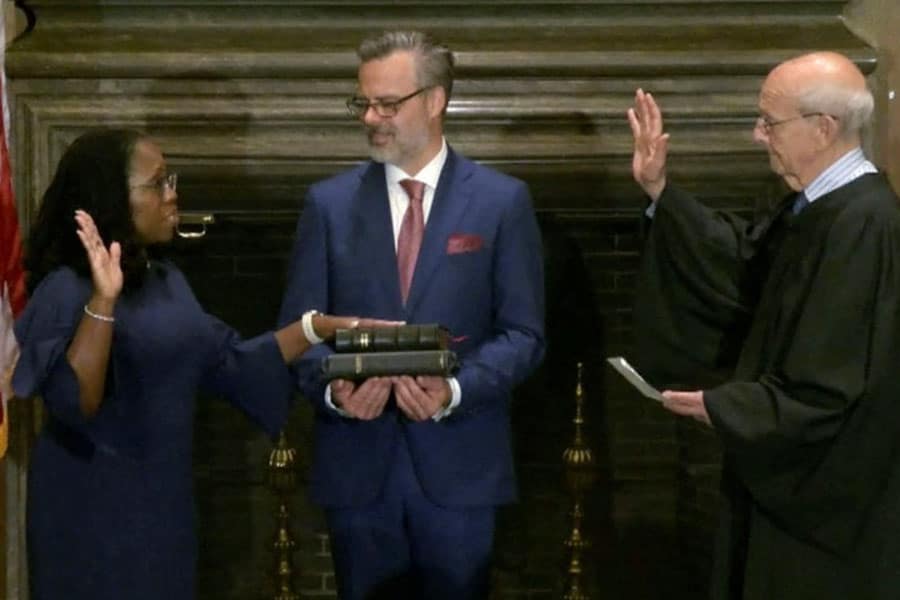
The Supreme Court also tackled four religious liberty issues, siding with religion each time. Two of the cases involved prayer and all of them looked at the exclusion of religion.
The cases involved chaplains praying with death row prisoners during executions; a Christian flag flying at Boston’s City Hall; Maine tuition funds going to schools that teach religion; and a public school football coach praying on the field after a game.
This group of religious rights decisions does not mean the court majority is pro-religion but instead that the justices are intent on clarifying past opinions that some have found confusing, court watchers said.
“The court is engaged in a long cleanup enterprise of decades of religious liberty law that went far astray,” said Mark Rienzi, president of Becket, a religious liberty law firm, and law professor at The Catholic University of America’s Columbus School of Law.
Richard Garnett, a University of Notre Dame professor of law and director of the Notre Dame Program on Church, State and Society, similarly agreed that the court this term, and in previous terms, has been involved in “doctrinal cleanup.”
One religious liberty case also involved the death penalty. This year, as in years past, it did not respond to last-minute appeals for stays of execution thus allowing death penalty sentences to continue.
The death penalty religious liberty case involved a Texas prisoner who wanted his pastor to pray aloud over him and place his hands on him in the execution chamber, to which the court agreed, overturning a lower court’s ruling. The court ultimately ruled that it was a burden to the prisoner’s religion not to allow such a form of prayer.
This year, the court also gave the Biden administration the green light to end the Trump-era “Remain in Mexico” immigration policy requiring asylum-seekers at the southwest U.S. border to wait in Mexico for their asylum hearings.
Immigration supporters, including many Catholic organizations, had spoken against the policy. A joint statement issued by leaders of the U.S. Conference of Catholic Bishops, the Catholic Legal Immigration Network, or CLINIC, and Catholic Charities USA, said the asylum policy “obstructed due process and subjected people to the very dangers that forced them to seek refuge in the United States in the first place.”
With its new term that began Oct. 3, the court jumped into affirmative action, voting, immigration, the environment and freedom of speech. It also once again opened its doors for oral arguments to the public for the first time since the start of the pandemic in 2020.
In a case examining the scope of free speech protected by the First Amendment, the Supreme Court Dec. 5 ultimately seemed to favor a broad view of free speech for a Colorado web designer who has said she should not be required to create wedding websites for same-sex couples based on her Christian beliefs about marriage.
The designer, Lorie Smith, said her First Amendment right to free speech exempts her from Colorado state law forbidding businesses from discriminating based on sexual orientation.
Smith’s case is similar to a 2018 case involving a Colorado baker who refused to make a custom wedding cake for a same-sex couple based on his religious beliefs.
The court ruled that the baker did not violate Colorado’s anti-discrimination law, but the justices did not specifically deal with First Amendment protections, which some religious groups, including the USCCB, said the court must clarify.
Another significant topic before the court this year challenges how higher education institutions use race as a factor in the admission process.
A group of Catholic colleges urged the court to uphold affirmative action in admissions saying the right to consider racial diversity in admissions is essential to their academic and religious missions and is “inextricably intertwined” with their religious foundations.
The court’s very busy year began with a close look at the employer vaccine-or-test rule. It blocked a rule by the Biden administration that would have required employees at large businesses to show proof of a COVID-19 vaccination or wear masks and get tested each week for the coronavirus. It also said the vaccine mandate for most health care workers could go into effect.
The court ended its year with a pandemic-related case rejecting a challenge to New York’s vaccine mandate for health care workers with no religious exemption.
Follow Zimmermann on Twitter: @carolmaczim
Read More Supreme Court
Copyright © 2022 Catholic News Service/U.S. Conference of Catholic Bishops

